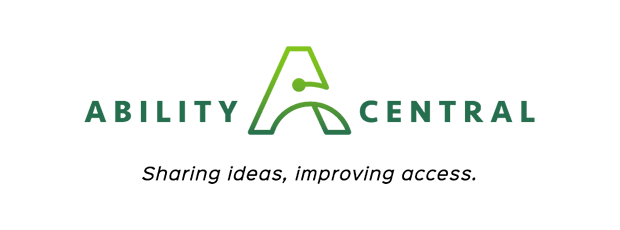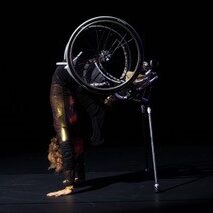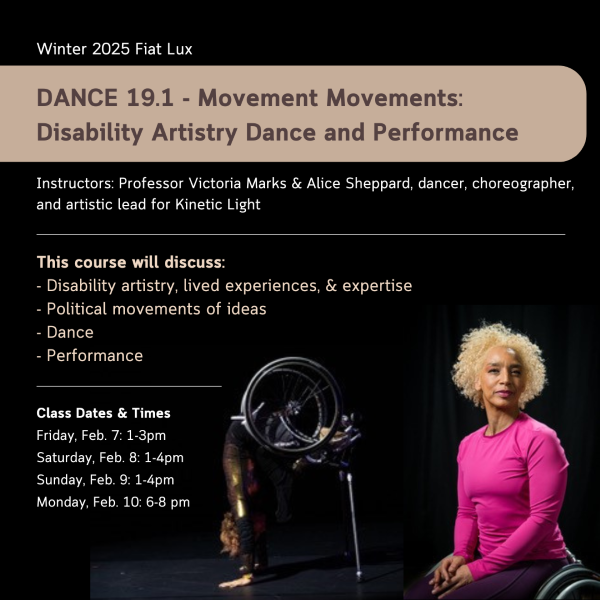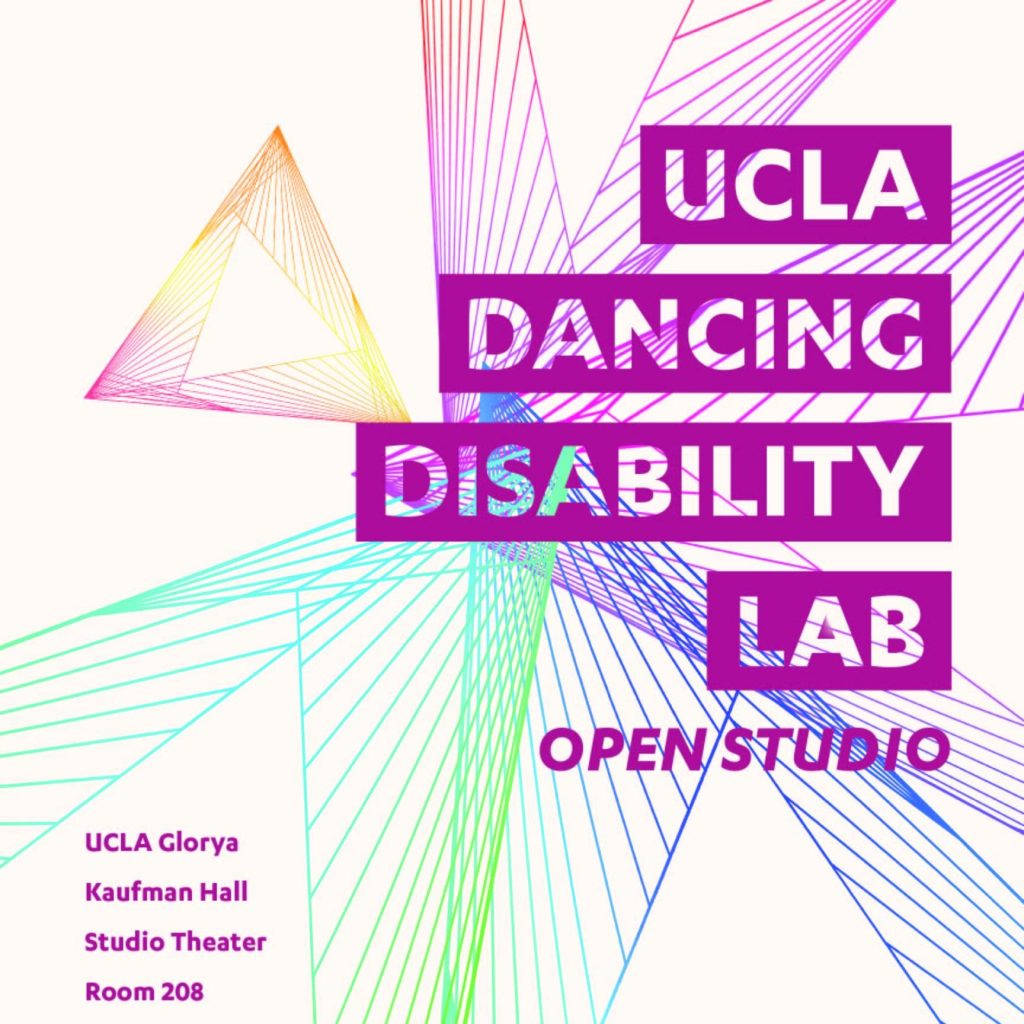About SoMAA
ABOUT
At SoMAA, we strive to create more accessible digital communities so we can build a more inclusive world. The SoMAA Lab is a multi-faceted project that prioritizes the voices of diverse disabled individuals to inform research and action.
RESEARCH
The research portion of this project aims to explore the following research questions:
- What are the user experiences of individuals aged 18 to 42 in California who medically or self-identify as disabled or as having access needs?
- To what extent do California-based Instagram users adopt accessibility features such as captions, alt text, camel case, and other tools when creating social media content, and what factors influence their adoption?
ACTION
Findings from the study as well as input from community consultants will inform the creation of toolkits and explainer videos that teach about the importance of creating accessible social media content and how content creators can implement these practices on various social media platforms. These resources will live on our website and will be available open source for organizations and individuals who wish to use them. Our SoMAA team will present trainings in our local community to raise awareness and teach others how to create more inclusive social media content.
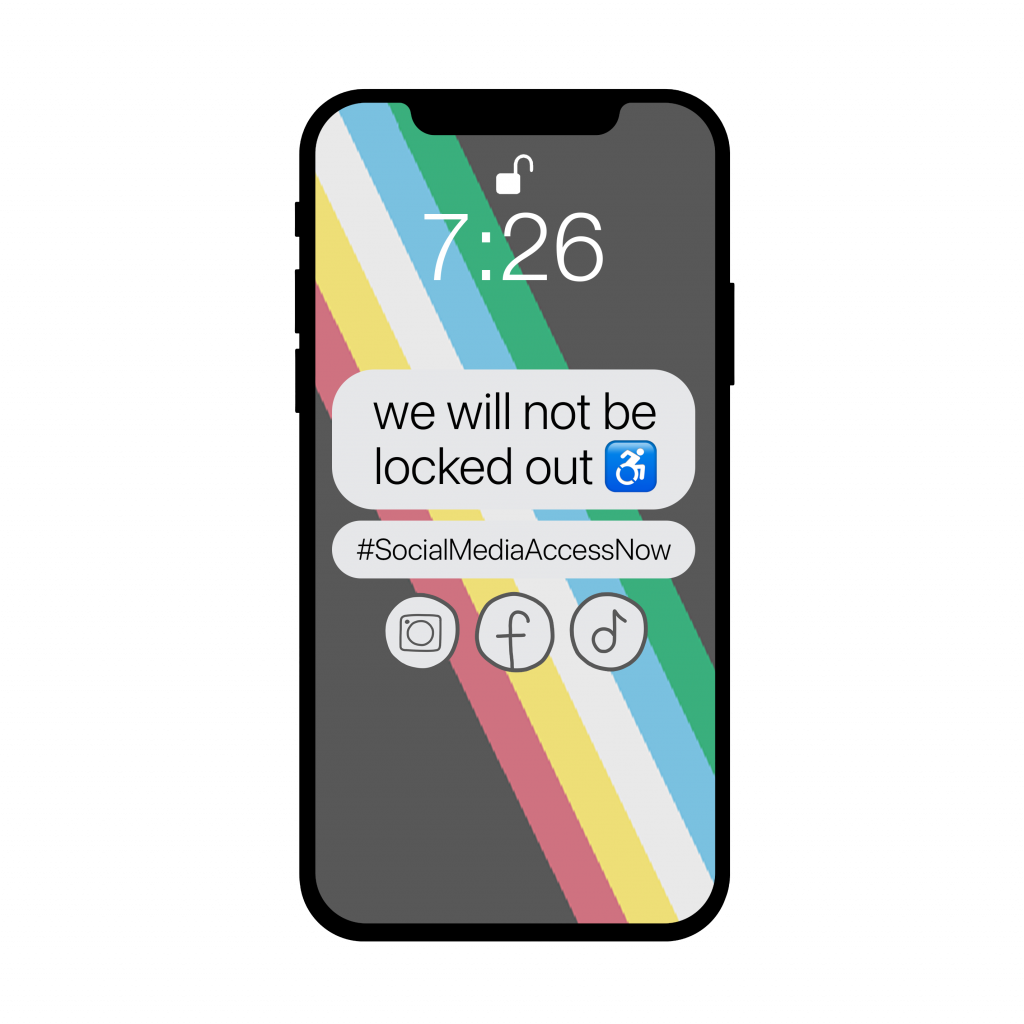
“The first step to solving a problem is identifying that the problem exists.”
-Dr. Caitlin Solone
INNOVATIVE IMPLEMENTATION
The SoMAA lab is led and developed by UCLA’s Dr. Caitlin Solone. In Spring 2022, the lab was co-facilitated by graduate students, Lauren Chiang and Emily Frake, as part of a two-quarter class.
The Lab is committed to supporting disability justice efforts by advocating for raising awareness and actionable change to make digital communities more accessible to a wide range of individuals with varied access needs.
Students who participated in the SoMAA Lab were Disability Studies Minors passionate about learning research skills and making actionable change.
Quarter one (Spring 2022) was devoted to learning about the research process and understanding existing literature and policy related to social media and web accessibility. Students engaged in the Institutional Review Board (IRB) process, developed research questions, designed study protocols and instruments, created a recruitment plan, and began reaching out to community partners.
The second quarter (Fall 2022) allowed students to engage in the research process where they actively recruited study participants, processed feedback from community consultants, engaged in focus groups, coded and analyzed data, and used the data to inform the creation of social media accessibility toolkits and videos.
In consultation with a smaller team of SoMMA alumni, Dr. Solone will release a research-informed Social Media Accessibility Toolkit by the end of Summer 2025. Additionally, they are writing several research articles based on their study findings and will submit for publication. Once published, we will share the announcement.
